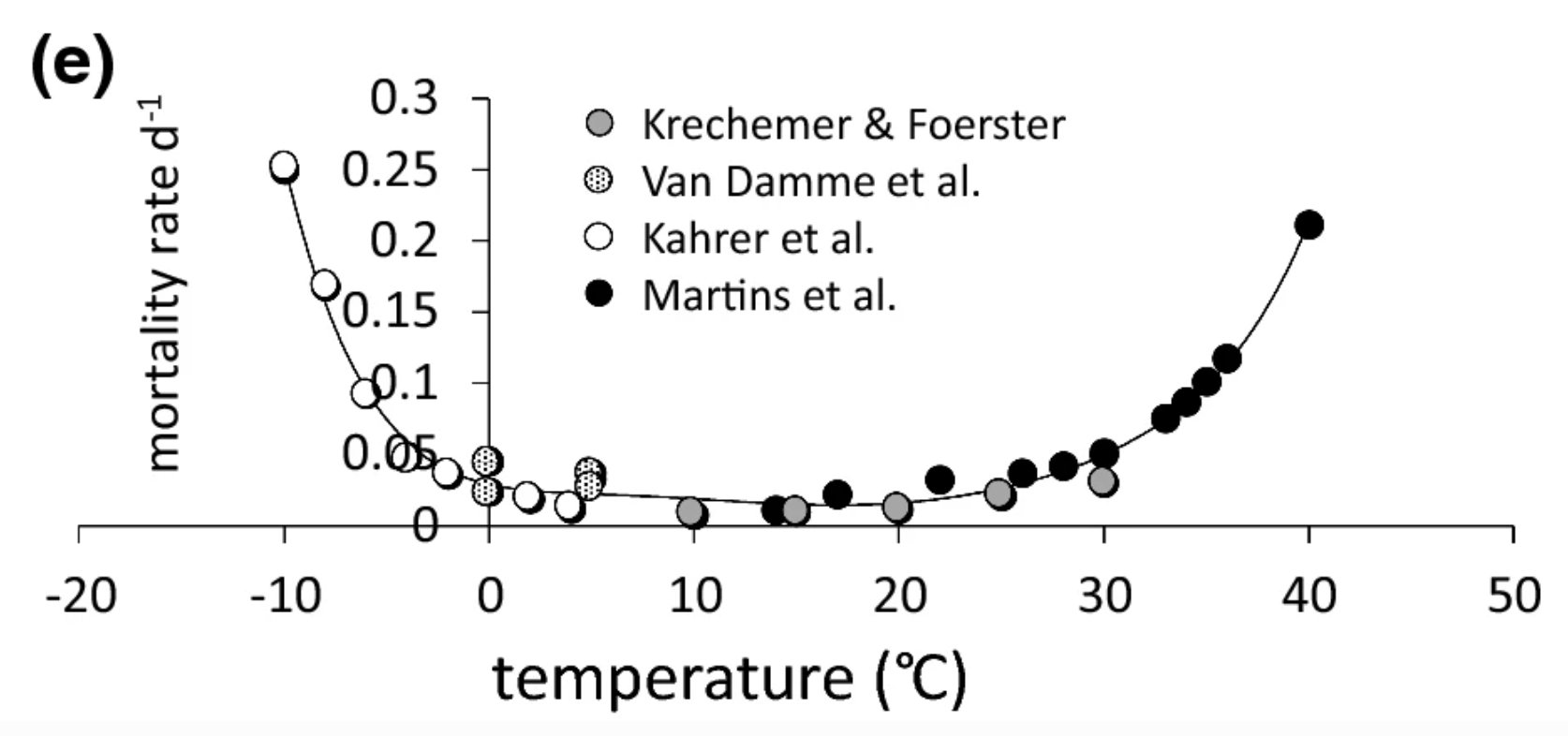Why was the invasion risk of Tuta absoluta underestimated?
The capacity to assess invasion risk from potential crop pests before invasion of new regions globally would be invaluable, but this requires the ability to predict accurately their potential geographic range and relative abundance in novel areas. This may be unachievable using de facto standard correlative methods as shown for the South American tomato pinworm Tuta absoluta, a serious insect pest of tomato native to South America. Its global invasive potential was not identified until after rapid invasion of Europe, followed by Africa and parts of Asia where it has become a major food security problem on solanaceous crops. Early prospective assessment of its potential range is possible using physiologically based demographic modeling that would have identified knowledge gaps in T. absoluta biology at low temperatures. Physiologically based demographic models (PBDMs) realistically capture the weather-driven biology in a mechanistic way allowing evaluation of invasive risk in novel areas and climes including climate change. PBDMs explain the biological bases for the geographic distribution, are generally applicable to species of any taxa, are not limited to terrestrial ecosystems, and hence can be extended to support ecological risk modeling in aquatic ecosystems. PBDMs address a lack of unified general methods for assessing and managing invasive species that has limited invasion biology from becoming a more predictive science.
Ponti L., Gutierrez A.P., Campos M.R., Biondi A., Neteler M., Desneux N., 2021. Biological invasion risk assessment of Tuta absoluta: mechanistic versus correlative methods. Biological Invasions. https://doi.org/10.1007/s10530-021-02613-5 | Open Access
 |
| Temperature-dependent mortality of Tuta absoluta as a function of temperature. |

Comments
Post a Comment